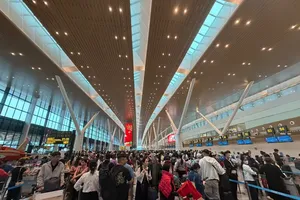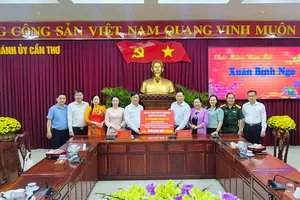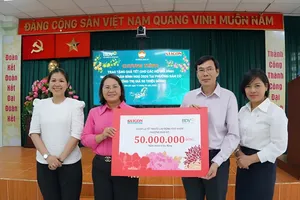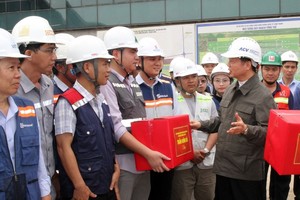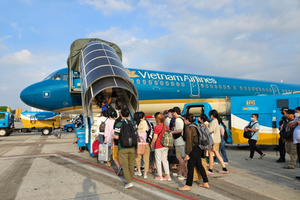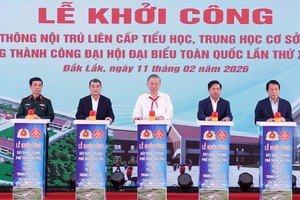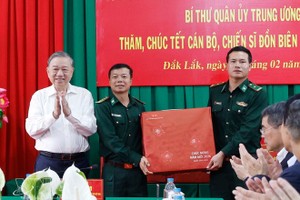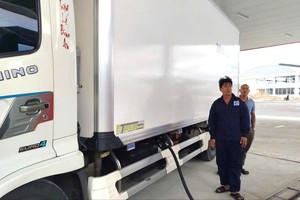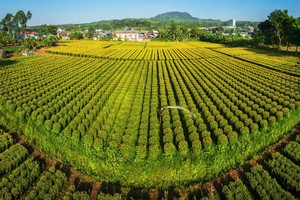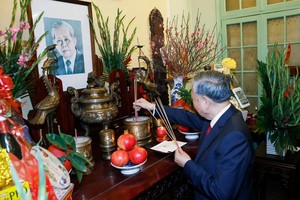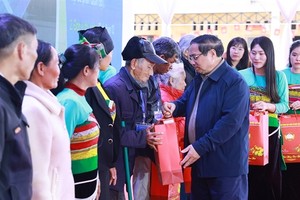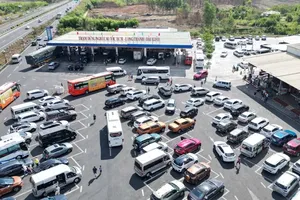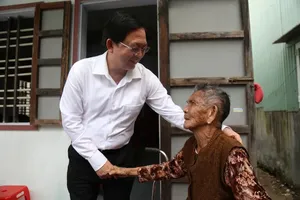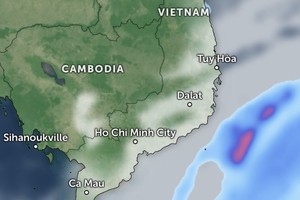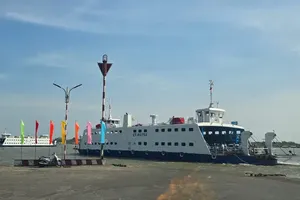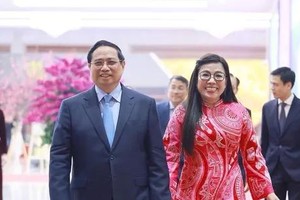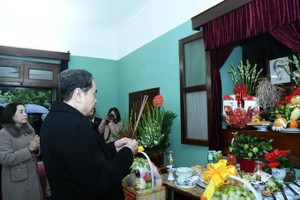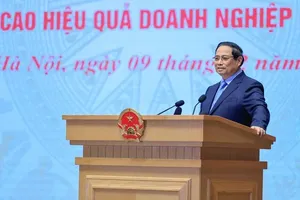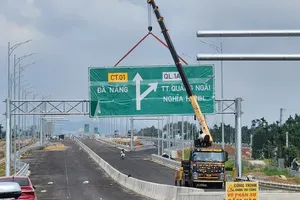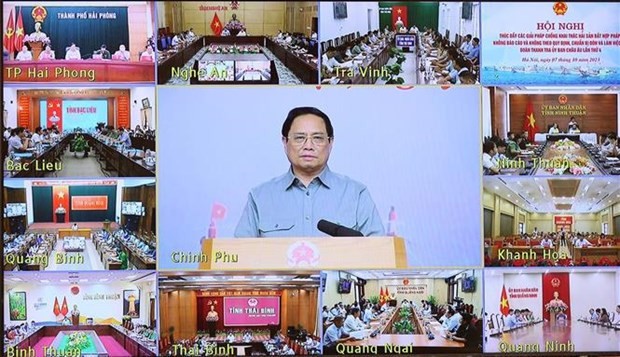 |
Prime Minister Pham Minh Chinh (centre) chairs the anti-IUU teleconference from Hanoi on October 7. (Photo: VNA) |
In his opening remarks at the event that gathered leaders of 28 centrally run coastal localities, Chinh underscored the Party’s and State’s significant attention to addressing the issue and all-level agencies’ and localities’ drastic implementation of anti-IUU fishing measures.
These efforts include strengthening inspections, monitoring, education, and communications, improving mechanisms, creating livelihoods for people involved, cooperating with relevant countries for checking, controlling, and addressing violations, promoting aquaculture and seafood processing, and limiting fishing.
As a result, notable progress has been made and the number of violations has gradually dropped, he went on. However, the issue has yet to be completely solved, with limitations and challenges remaining, the leader noted.
Chinh called for participants to comprehensively evaluate the implementation of the measures, analyze their results and limitations, draw lessons and experience, and propose ways to put an end to IUU fishing.
He held that whether the EC removes the “yellow card” warning for Vietnam's seafood or not, the nation must continue to ensure people’s livelihoods and protect the marine ecological environment, serving its sustainable development and upholding its international responsibilities and obligations.
Prime Minister Chinh requested the heads of ministries, sectors, and localities to take drastic actions against IUU fishing and tackle existing shortcomings facing the work.
Stressing the Party’s and State’s policy of staying consistent and persistent with IUU fishing combat, ocean and seafood resources protection, and sustainable development, he affirmed a need to closely link maritime economic development with safeguarding national sovereignty and territorial integrity and respecting international laws.
Saying that combating IUU fishing is primarily for the benefit of the nation and its people, the PM called for an improvement of public awareness regarding law enforcement and environmental protection serving sustainable development. In addition, it is also necessary to create livelihoods and employment opportunities for the people with a focus on increasing aquaculture and processing and reducing fishing.
Recommendations made by other countries and organizations regarding fisheries exploitation must be seriously observed, while new IUU fishing violations and incidents must be prevented, Chinh said.
He instructed the heads of relevant ministries, sectors, and localities to address existing issues and limitations, calling for their effective implementation of tasks and measures to combat IUU fishing.
Furthermore, the PM suggested that municipal and provincial People's Committees closely collaborate with the Ministry of National Defence and relevant departments and ministries to crack down on the occurrence of local vessels engaging in illegal fishing activities in foreign waters.
Local authorities, especially at grassroots levels, are in direct contact with and responsible for managing fishermen, therefore, they must manage, understand, and seriously carry out all matters related to combating IUU fishing, Chinh said. Officials, particularly those in leadership positions, who allow IUU fishing and fail to provide livelihoods for people, are considered not fulfilling their responsibilities.
